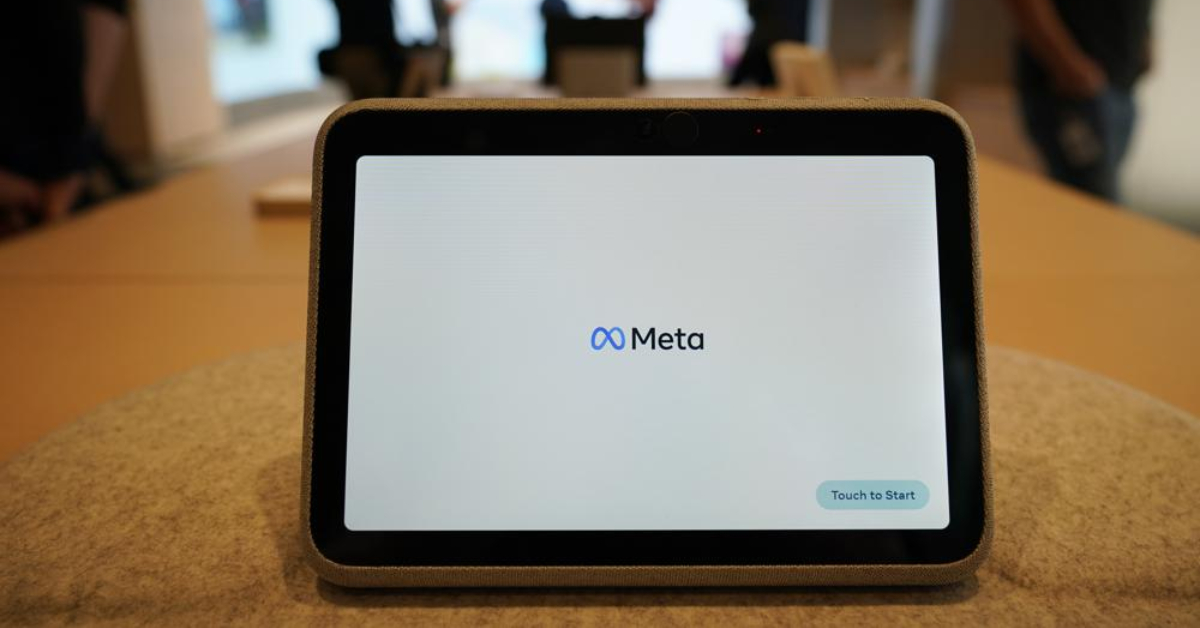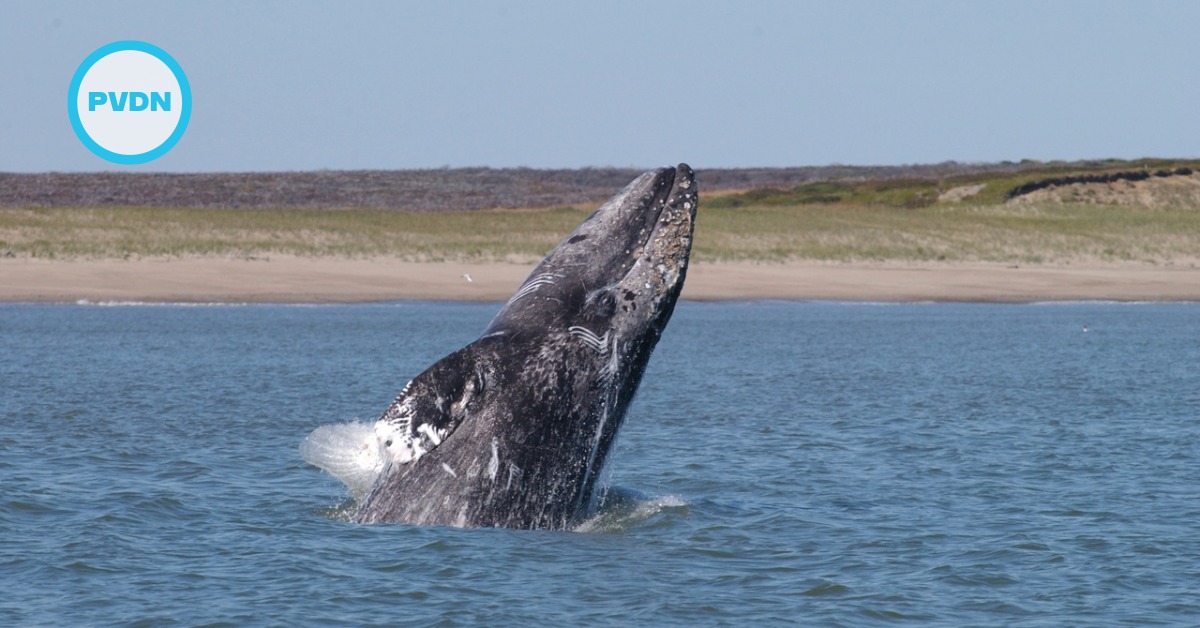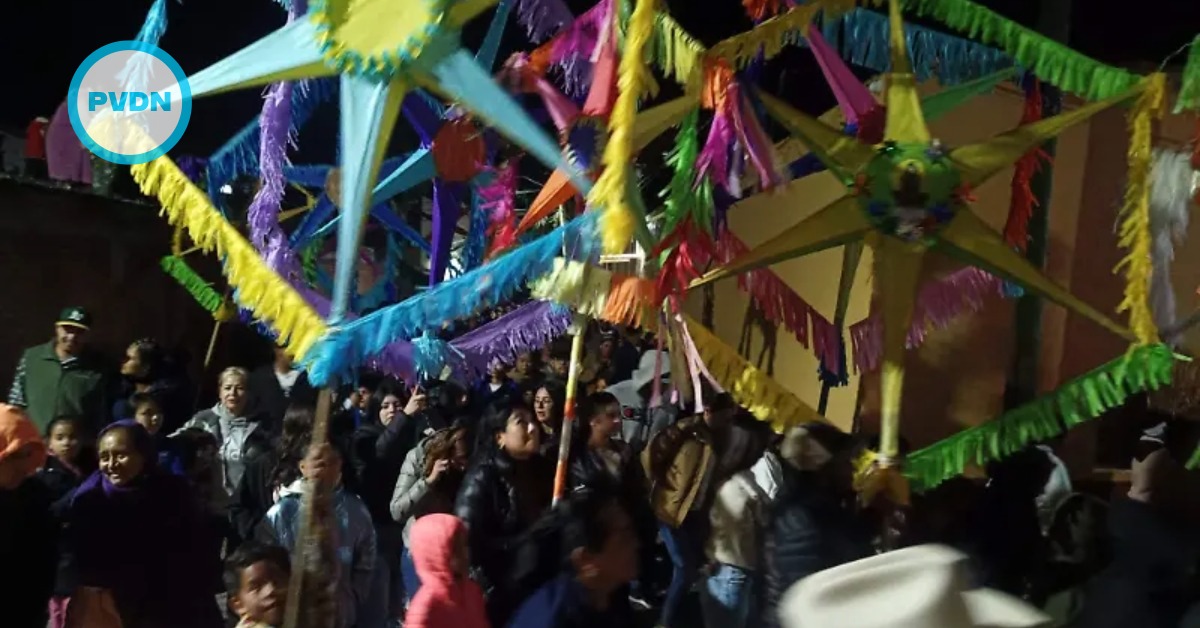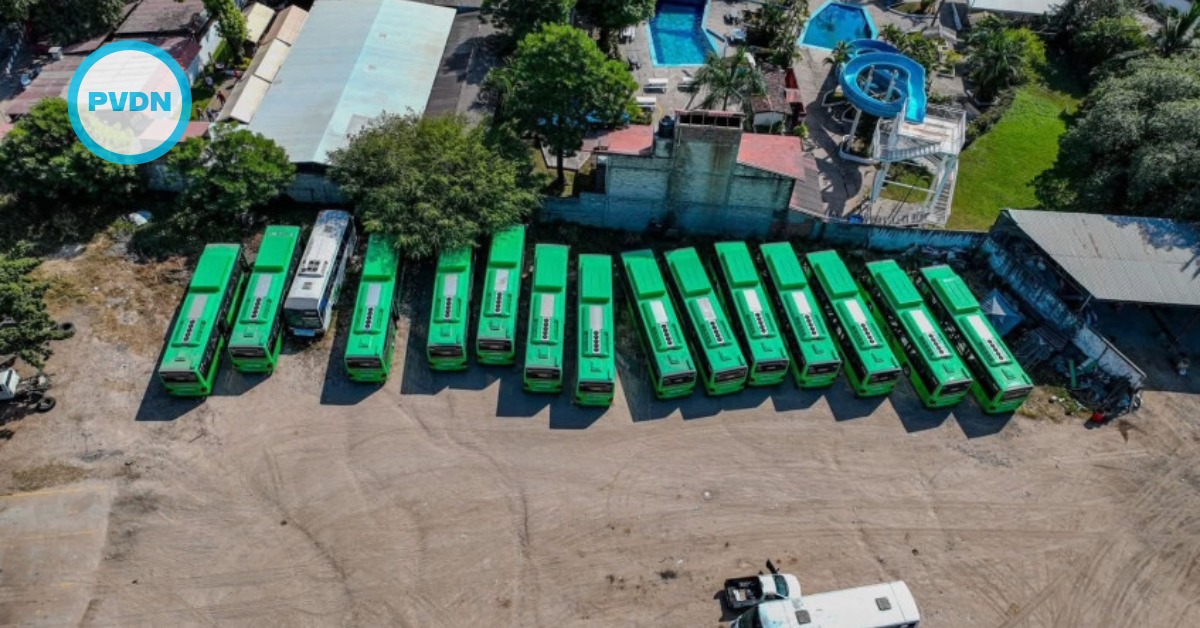WASHINGTON (AP) — Facebook owner Meta is quietly curtailing some of the safeguards designed to thwart voting misinformation or foreign interference in U.S. elections as the November midterm vote approaches.
It’s a sharp departure from the social media giant’s multibillion-dollar efforts to enhance the accuracy of posts about U.S. elections and regain trust from lawmakers and the public after their outrage over learning the company had exploited people’s data and allowed falsehoods to overrun its site during the 2016 campaign.
The pivot is raising alarm about Meta’s priorities and . . .







